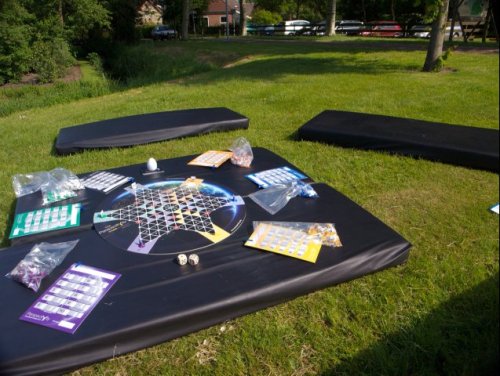
After Google’s powermeter, here comes Microsoft with Hohm! Hohm is a recommendation engine that will provide increasingly more accurate and relevant suggestions for energy conservation as its users contribute with home energy input and feedback.
Definitely, a very useful feature for people to conserve energy. After my experiment, Act React!, I conclude that regular energy meters are too primitive to help consumers save energy. They don’t provide data in a longterm view, so people cannot understand why one day the consumption is high,and why another is low. Furthermore, people don’t have a benchmark to compare their consumption. With Hohm, I assume that the users will be able to compare with similar houses, in order to understand the level of their consumption.
One of the concepts that people in my sessions recommended was that of an energy-audit. An energy specialist comes to your house, inspects it, and give you recommendations about what to improve, how, what steps to take next, whom to visit etc. Something very similar with what Hohm will do, but without the human aspect. An Energy-audit is a practice that starts to be widely used by energy companies providing an extra service, by sustainable centers and more…I like this direction and I believe there are much more opportunities to enhance it, and provide a service where people are more involved, can start understand energy and develop their own mental models about how electricity is consumed/saved.
For more information about Microsoft Hohm’s look at Wired’s article
p.s thanks bro for updating me 😉


